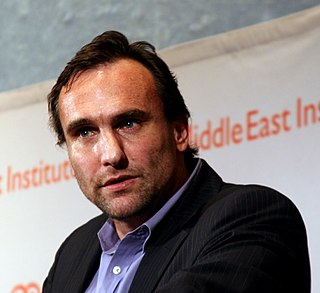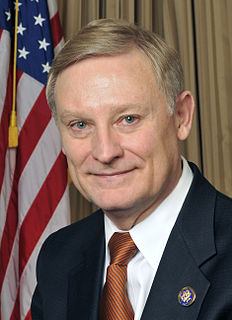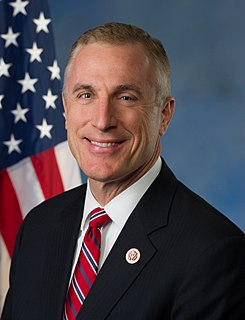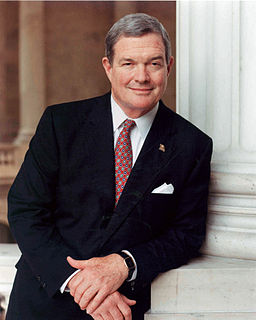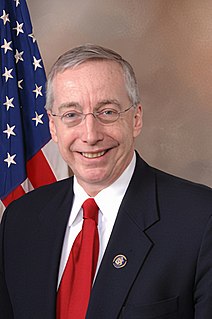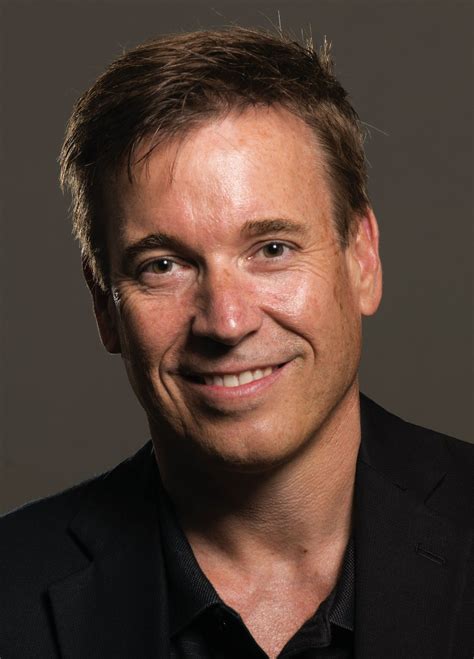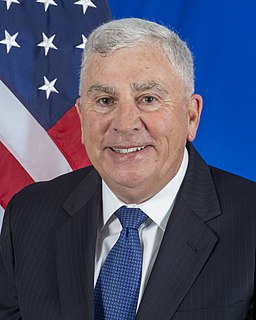A Quote by Ann Coulter
...liberals said the war was a failure because we hadn't captured Abu Musab al-Zarqawi. Then we killed al-Zarqawi and a half-dozen of his aides in an air raid. Then they said the war was a failure because ... you get the picture.
Related Quotes
The Petraeus-Crocker testimony is the kind of short-lived event on which the Administration has relied to shore up support for the war: the 'Mission Accomplished' declaration, the deaths of Uday and Qusay Hussein, Saddam's capture, the transfer of sovereignty, the three rounds of voting, the Plan for Victory, the death of Abu Musab al-Zarqawi. Every new milestone, however illusory, allows the Administration to avoid thinking ahead, to the years when the mistakes of Iraq will continue to haunt the U.S.
In 2002 and 2003, the Bush administration decided against bombing Zarqawi's camp in northern Iraq because it might derail plans to depose Saddam Hussein. By focusing on Zarqawi in his speech at the United Nations, Secretary of State Colin Powell inadvertently spread his fame throughout the Arab world.
Why?" I said, taking the paper from him as Al smiled. "If it's not what I agreed to, I will burn Al's gonads off the first chance I get. Turn around. I need to use your back for a second." "Ah, hold on a tick," Al said, snapping his fingers again and catching the new paper drifting down. "How silly of me. This is the one. Here.
For years, Lebanese have known that Palestinian camps like Nahr al-Barid and Ain al-Helwe - hopeless slums crowded with generations of disenfranchised Palestinian refugees who can't go home because of Israel, and can't work because of Lebanese laws - are awash with gunmen, criminals and, since the war in Iraq, al-Qaida inspired jihadists.



